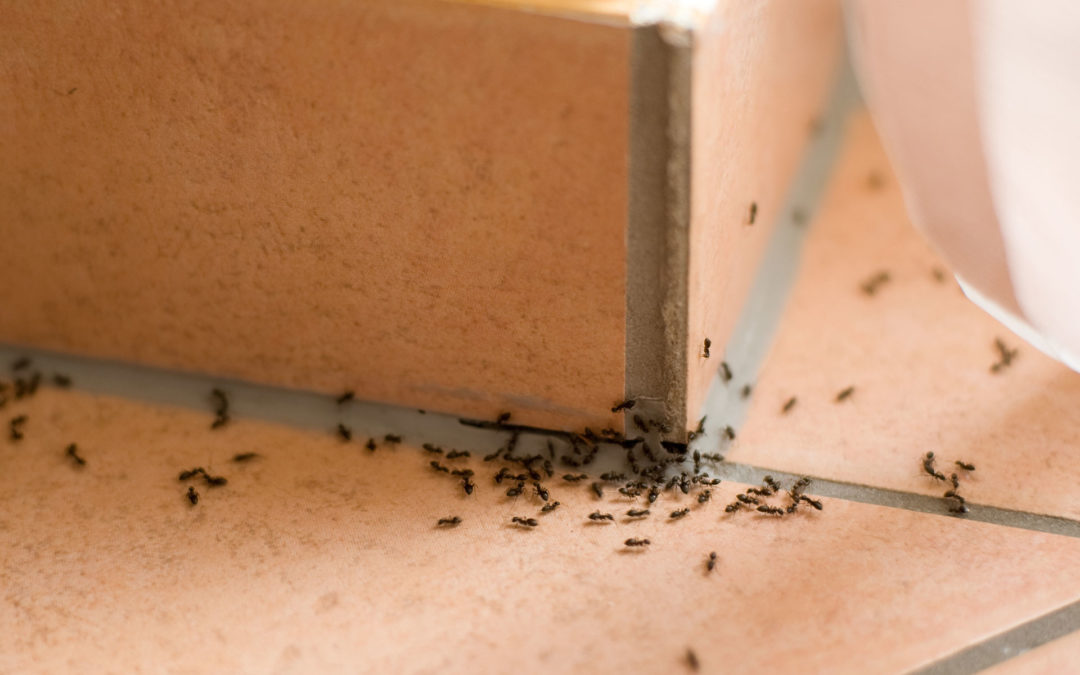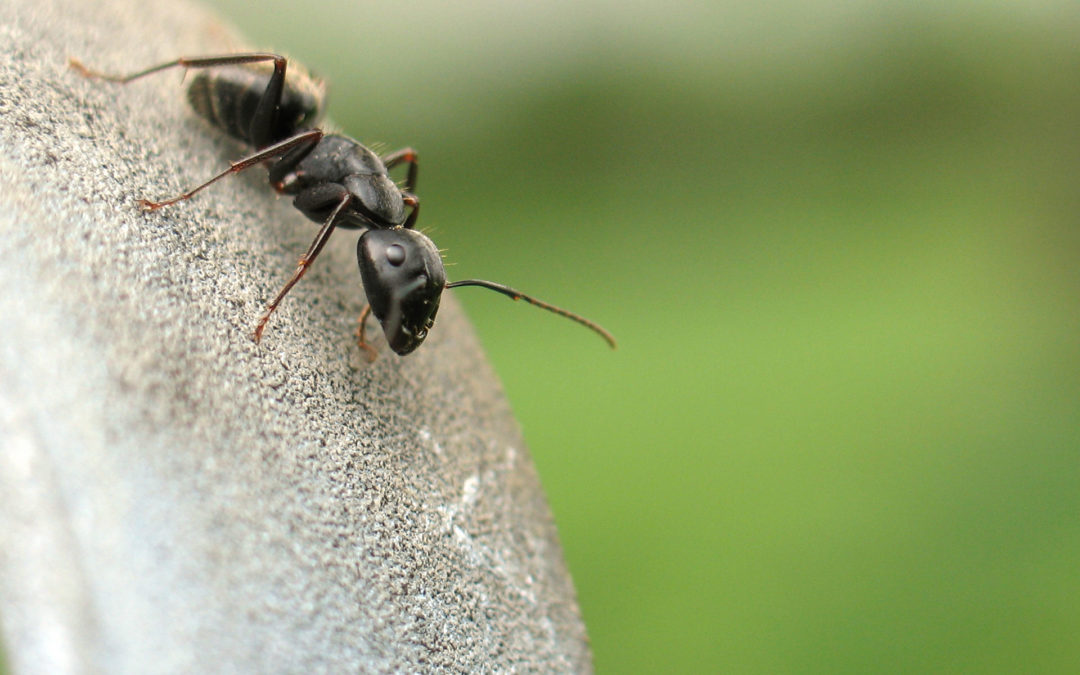
by Eco Care | Dec 20, 2022
Winter’s officially here, and if you haven’t made any serious efforts to prevent pest infestations, you could face a significant problem (if you aren’t already). The good news is that even now, when it’s cold out, and your home is warm and inviting to creepy crawlies, you can take some steps to protect yourself against pests.

by Eco Care | Nov 17, 2022
At a glance, it makes sense that insects and other pests would go away during the winter months. The temperature dropping below freezing and burying the great outdoors in a heavy layer of snow seems like a surefire way to rid your surroundings of critters. But belief in such a tidy solution is wrong, and resting on your laurels until next March will come back to bite you. Here’s the lowdown on what pests to look out for over the winter.

by Eco Care | Dec 8, 2020
Maryland winters can be highly unpredictable. Some years, it’s like we’re living in a frozen, snowy wasteland. Other years, it’s like winter in Florida. Depending on the weather and temperatures, the types of bugs you might see in and around your house can vary. For example, in past years, milder winters have resulted in early appearances of stink bugs and odorous house ants.

by Eco Care | Mar 16, 2017
Identifying and Controlling Your Odorous House Ant Problem Odorous house ants are one of the most common pests found in residential homes. Often found on countertops or running along floorboards, these ants scurry inside looking for refuge from the rainy weather. But...

by Eco Care | Mar 12, 2016
How to handle one of Maryland’s toughest pests: Ants. In the kitchen, bathroom, living room, office…everywhere! Large and small, ants seem to come out of thin air. You may not know where they’re coming from, but we can assure you, there’s never just a few. Ants are...





